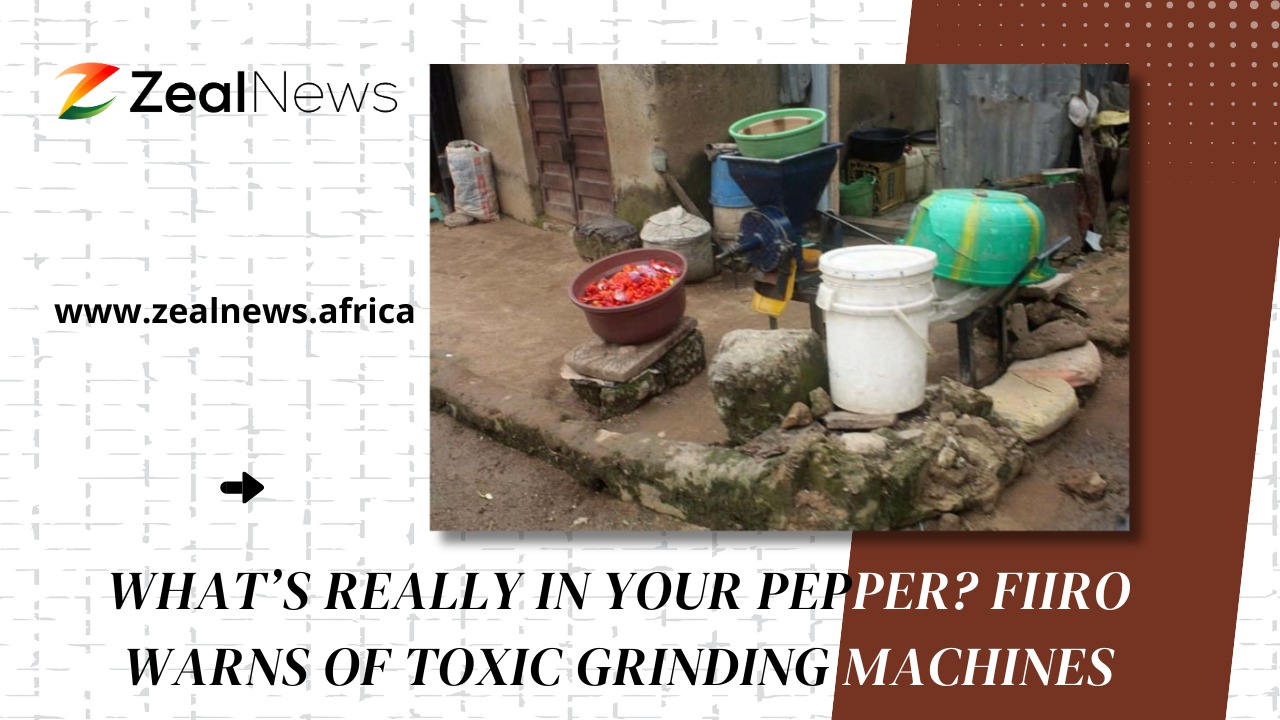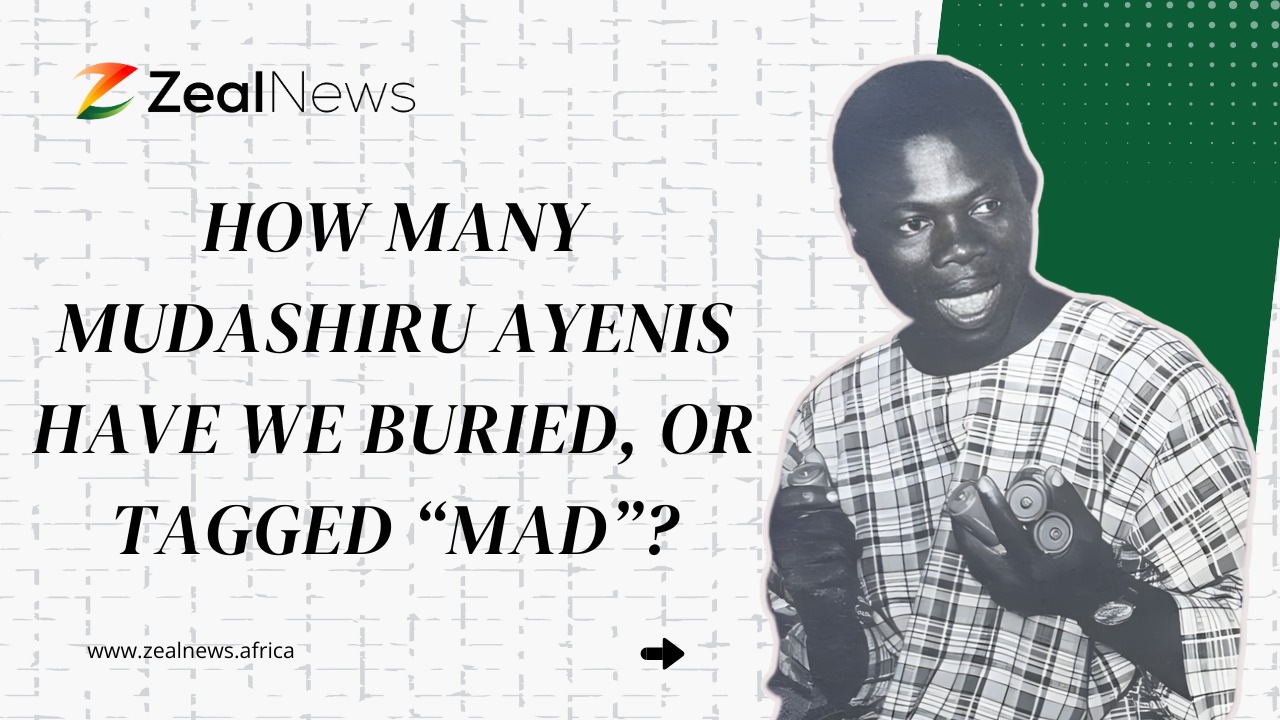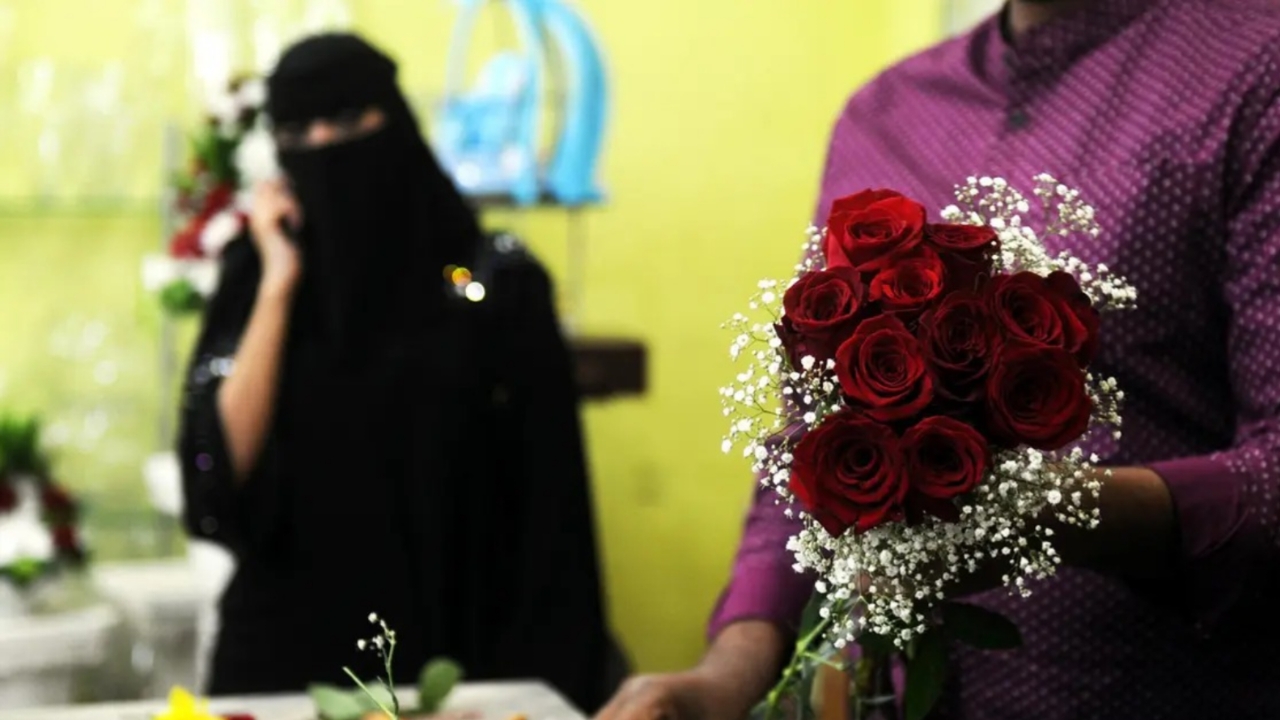Lagos Holds the 6th Spot on Visual Capitalist’s 2025 Least Liveable Cities List
.jpeg)
When the Hustle Becomes a Struggle
Lagos is a city of paradoxes. It’s where billion-dollar fintechs rise beside flooded slums, where talent meets traffic, and dreams jostle with dysfunction. It's Africa’s most populous city and arguably its loudest symbol of ambition. Yet in 2025, Visual Capitalist, drawing on data from the Economist Intelligence Unit (EIU), ranked Lagos the 6th least livable city in the world.
This ranking isn’t just symbolic. It’s a wake-up call.
The global study assessed 173 cities across five key categories — stability, healthcare, culture and environment, education, and infrastructure. And while cities like Damascus and Tripoli remained at the bottom due to ongoing conflict, Lagos joined them not because of war, but because of neglect, inequality, and chronic urban mismanagement.
The Image That Says It All
Photo Credit: Visual Capitalist
The viral image created by Visual Capitalist is visually direct and emotionally jarring. Set against a burnt orange backdrop, it pinpoints thetop 10 least livable cities in 2025, each represented with real photos showing war, chaos, overcrowding, or environmental decay.
Here’s the global bottom 10:
Damascus, Syria
Tripoli, Libya
Dhaka, Bangladesh
Karachi, Pakistan
Algiers, Algeria
Lagos, Nigeria
Harare, Zimbabwe
Port Moresby, Papua New Guinea
Kyiv, Ukraine
Caracas, Venezuela
While some cities on this list are shaped by active conflict or political collapse, Lagos’ inclusion is rooted in a silent crisis: the slow erosion of basic livability despite economic growth and global visibility.
SUGGESTED READ: 7 African Towns That Feel Like Movie Sets
Why Lagos Is Ranked So Low
1. Explosive Growth, Zero Planning
With an estimated17 million residents, Lagos is growing faster than nearly any city on Earth. But its growth is unmanaged. Every day, thousands migrate from rural Nigeria and neighboring countries to Lagos in search of opportunity. The city, however, offers little preparation in return.
The result is a city overstretched — from housing and transportation to sewage and schooling. Slums continue to mushroom while infrastructure stagnates.
2. Power, Water, Waste: The Trifecta of Failure
Despite its reputation as a tech hub and economic powerhouse, Lagos’ basic services routinely fail:
Electricity: Power cuts are daily and widespread, with residents relying heavily on expensive diesel generators.
Water: Public water supply reaches less than 20% of homes, forcing most to depend on private boreholes or vendors.
Sanitation: Piles of uncollected waste line streets. Drainage systems are clogged. Flooding is seasonal and deadly.
3. Transport That Breaks the Spirit
Lagos traffic isn’t a meme — it’s an economic and psychological drain. Commuters spend an average of 4–6 hours daily in traffic, and public transport options are chaotic, unreliable, and dangerous.
Ambitious transport projects like the Lagos Blue Rail Line are years behind schedule or underfunded, while the city continues to depend on yellow buses (danfo), kekes, and okadas to move millions.
4. Healthcare and Education Gaps
Access to quality healthcare is a privilege, not a right. Public hospitals are under-resourced and overcrowded, while private clinics are prohibitively expensive for most.
In education, government schools face teacher shortages, dilapidated buildings, and overcrowding, while elite private schools operate in a different reality altogether. The result is a deep urban divide, where opportunity is gated by income.
5. Urban Inequality and Informality
The Lagos story is one of dual cities:
Lekki, Victoria Island, and Ikoyi shine with tech parks, skyscrapers, and gated estates.
Ajegunle, Makoko, and Agege groan under the weight of poverty, informality, and disrepair.
Despite GDP growth, this inequality hollows out the city’s core, eroding trust, mobility, and unity.
Comparing Crisis: What Sets Lagos Apart
While cities like Damascus (#1) and Kyiv (#9) are battling active war zones, and Caracas (#10) is mired in political and economic collapse, Lagos is different — and arguably more frustrating.
It has wealth, people, talent, and global attention. Yet its problems are not due to scarcity, but decades of poor governance, weak institutions, and a disconnect between leadership and public reality.
In short: Lagos didn’t fall — it was allowed to decay.

Photo Credit: Pinterest
What the Ranking Means for Africa’s Urban Future
That three African cities (Lagos, Tripoli, Harare) make the global bottom 10 is deeply concerning. Africa is rapidly urbanizing — by 2050, more than half the continent’s population will live in cities.
If urban centers are not planned with resilience, inclusivity, and sustainability, we are not just facing traffic jams and pollution. We are facing widening inequality, urban poverty, and disillusioned generations.
SUGGESTED READ: Living Alone in Africa: The Silent Revolution Among Young Women
How Lagos Can Turn the Tide
1. Redesign Infrastructure Around People
Build for the bottom 80%, not the top 10%. Prioritize mass housing, reliable power, clean water, and sustainable transport — not just luxury real estate and vanity projects.
2. Localize Governance
Empower local governments and communities to plan, allocate resources, and monitor progress in real time.
3. Close the Inequality Gap
Support informal communities with formal policies: land titles, sanitation services, education programs, and small business grants.
4. Integrate Climate Planning
With Lagos facing worsening floods and sea-level rise, resilience must be baked into urban policy, from drainage to green spaces.
Conclusion: Liveability Is a Right, Not a Luxury

Photo Credit: Pinterest
Lagos' place at No. 6 on the 2025 Least Liveable Cities List is more than a data point; it’s a reflection of deep urban failure. But it’s also a call to action.
Cities are not just places; they are promises. The promise of protection, opportunity, and dignity. For now, Lagos is breaking that promise to too many of its people. But with bold reform, transparent governance, and people-first planning, it doesn’t have to stay this way.
Because for a city that pulses with so much life, Lagos deserves to be liveable, not just survivable.
Featured Image Credit: Pinterest
You may also like...
Bundesliga's New Nigerian Star Shines: Ogundu's Explosive Augsburg Debut!

Nigerian players experienced a weekend of mixed results in the German Bundesliga's 23rd match day. Uchenna Ogundu enjoye...
Capello Unleashes Juventus' Secret Weapon Against Osimhen in UCL Showdown!

Juventus faces an uphill battle against Galatasaray in the UEFA Champions League Round of 16 second leg, needing to over...
Berlinale Shocker: 'Yellow Letters' Takes Golden Bear, 'AnyMart' Director Debuts!

The Berlin Film Festival honored
Shocking Trend: Sudan's 'Lion Cubs' – Child Soldiers Going Viral on TikTok

A joint investigation reveals that child soldiers, dubbed 'lion cubs,' have become viral sensations on TikTok and other ...
Gregory Maqoma's 'Genesis': A Powerful Artistic Call for Healing in South Africa

Gregory Maqoma's new dance-opera, "Genesis: The Beginning and End of Time," has premiered in Cape Town, offering a capti...
Massive Rivian 2026.03 Update Boosts R1 Performance and Utility!

Rivian's latest software update, 2026.03, brings substantial enhancements to its R1S SUV and R1T pickup, broadening perf...
Bitcoin's Dire 29% Drop: VanEck Signals Seller Exhaustion Amid Market Carnage!

Bitcoin has suffered a sharp 29% price drop, but a VanEck report suggests seller exhaustion and a potential market botto...
Crypto Titans Shake-Up: Ripple & Deutsche Bank Partner, XRP Dips, CZ's UAE Bitcoin Mining Role Revealed!

Deutsche Bank is set to adopt Ripple's technology for faster, cheaper cross-border payments, marking a significant insti...






